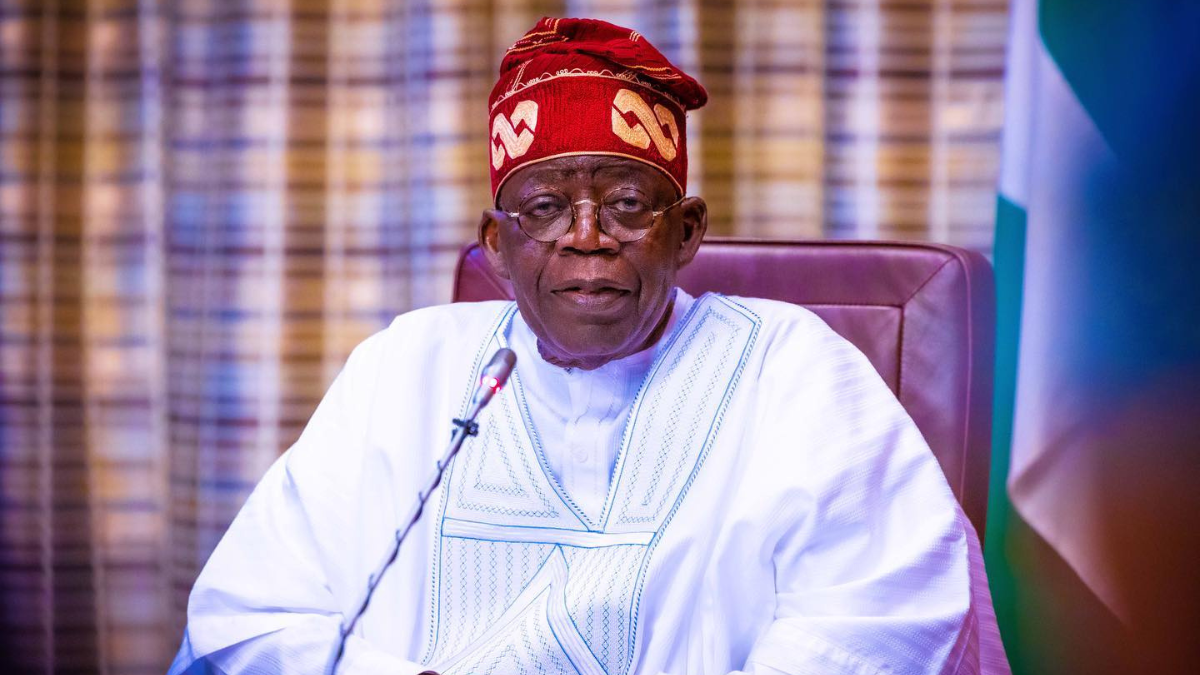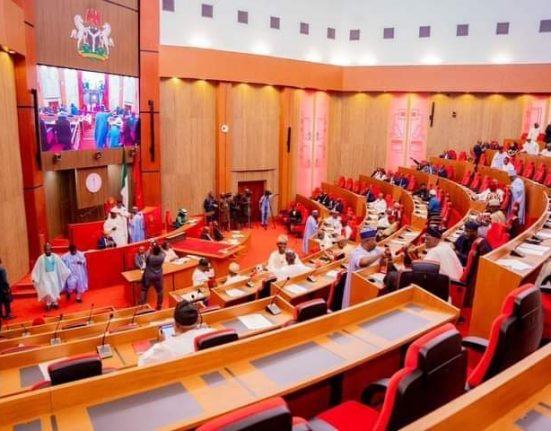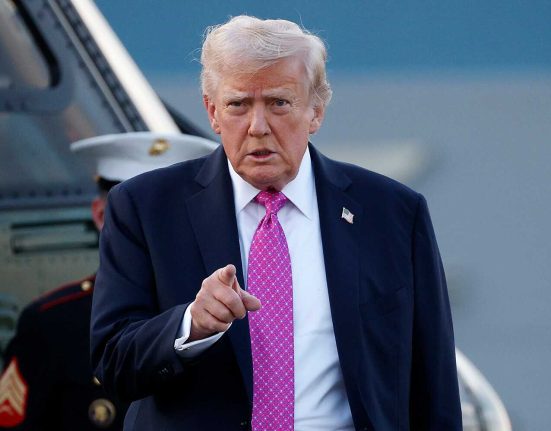President Bola Tinubu has signed into law four major tax reform bills, signaling what he described as a bold new era in Nigeria’s economic governance. The signing ceremony, held at the Presidential Villa in Abuja, was attended by top government officials, including Senate President Godswill Akpabio and Speaker of the House of Representatives Tajudeen Abbas. The new laws, comprising the Nigeria Tax Bill (Fair Taxation), the Nigeria Tax Administration Bill, the Nigeria Revenue Service (Establishment) Bill, and the Joint Revenue Board (Establishment) Bill, are designed to simplify the country’s tax system, eliminate overlapping responsibilities, and promote transparency and efficiency in revenue collection.
President Tinubu emphasized that beyond streamlining tax codes, the reforms are centered on delivering the first major “pro-people” tax cuts in a generation. The Acts aim to provide targeted relief for low-income earners, small businesses, and families striving to make ends meet. He noted that the unified structure will reduce bureaucratic red tape, cut waste, restore investor confidence, and foster better coordination between federal and subnational tax authorities. Earlier deliberations in the National Assembly reflected robust debate. While the Senate proposed increasing VAT from 7.5% to 12.5%, the House retained the existing rate and pushed for exemptions for minimum wage earners, as well as the introduction of a global minimum tax for large multinationals.
The reform process, led by the Presidential Fiscal Policy and Tax Reform Committee, is seen as a critical step toward modernizing Nigeria’s tax regime and boosting non-oil revenue. Tinubu hailed the legislation as foundational to building a fairer, simpler, and more investment-friendly economy, calling on Nigerians to support what he described as a transformative shift toward inclusive growth.








